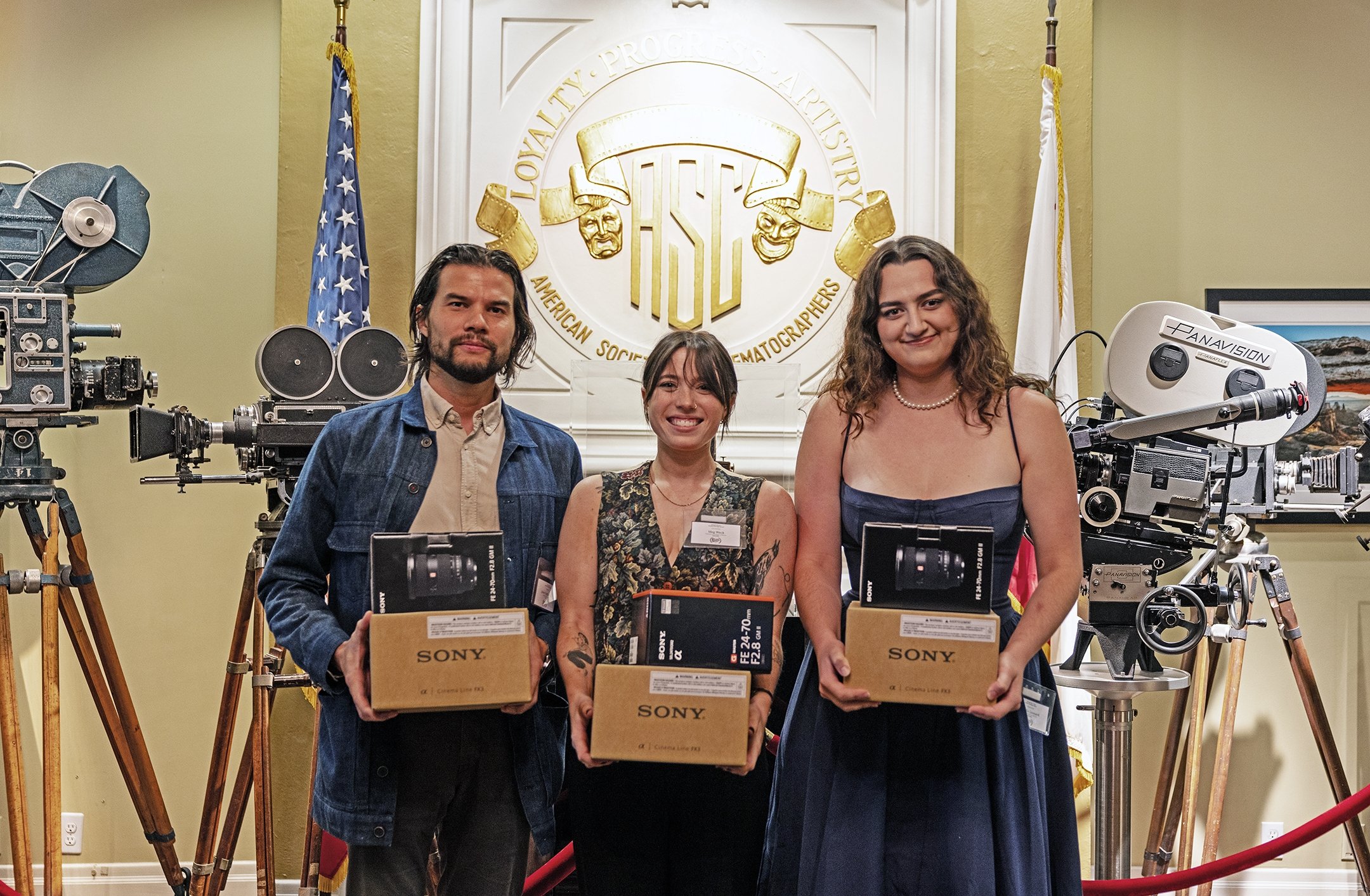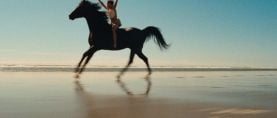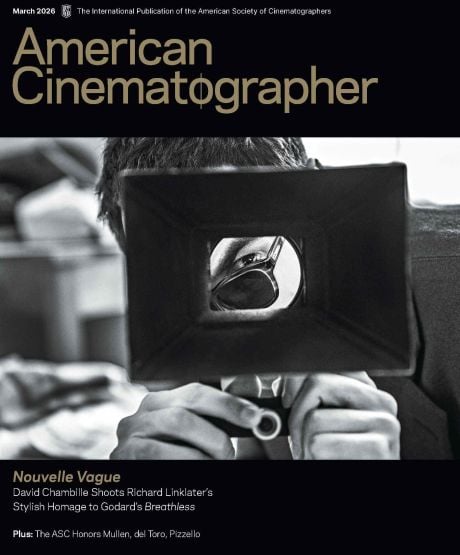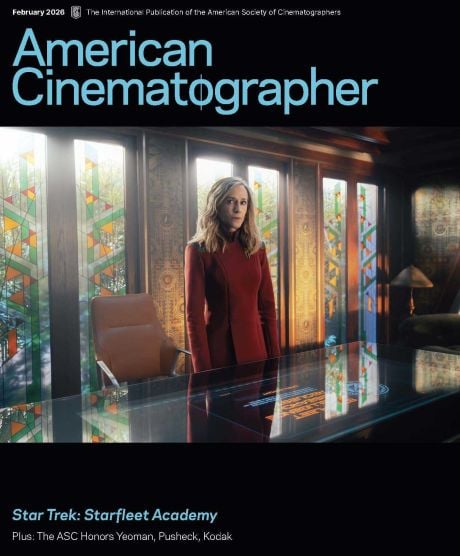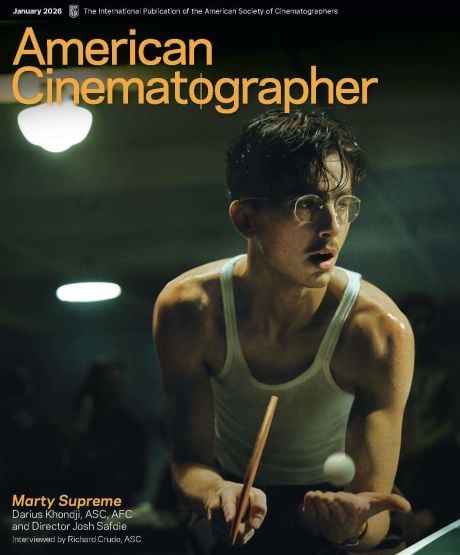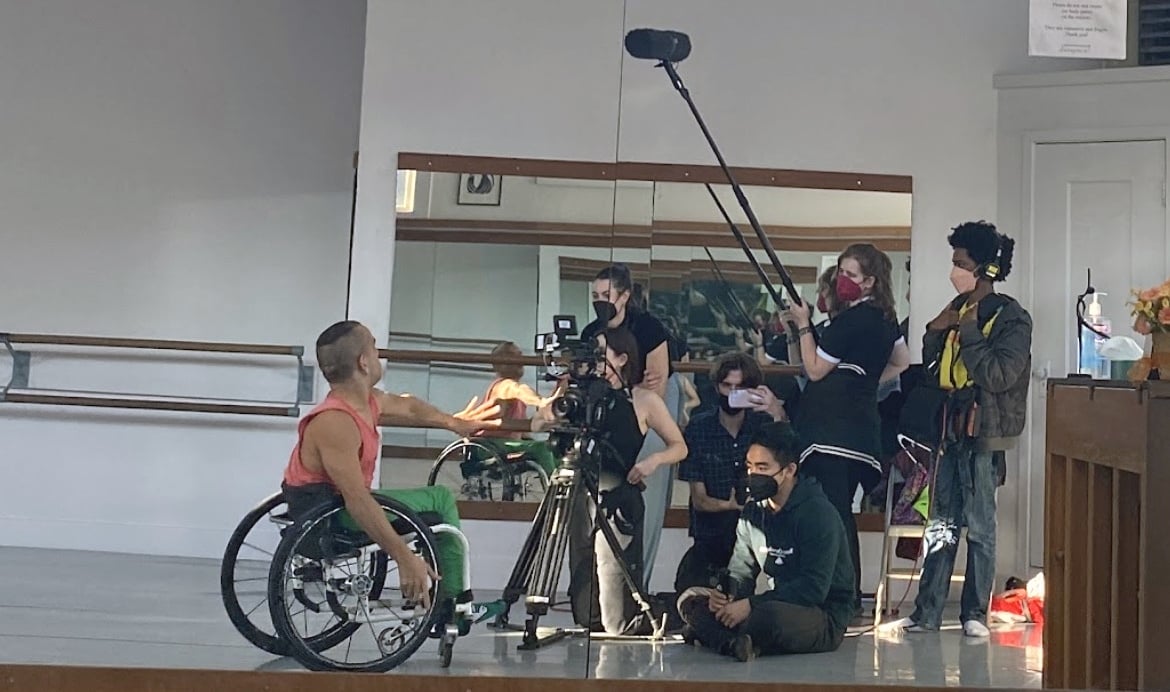
Danceable Seeks a Visual Rhythm
Cinematographer Meg Weck discusses her ASC Student Heritage Award-winning documentary.
Made while she was a student at USC's School of Cinematic Arts, cinematographer Meg Weck’s short film Danceable not only shared themes of resilience and passion for an incredible group of individuals, but also earned her the 2024 ASC Haskell Wexler Student Heritage Award in the Documentary category.
“Being acknowledged by the ASC is a tremendous honor. It inspires me to keep striving for excellence and to one day be part of their incredible community.”
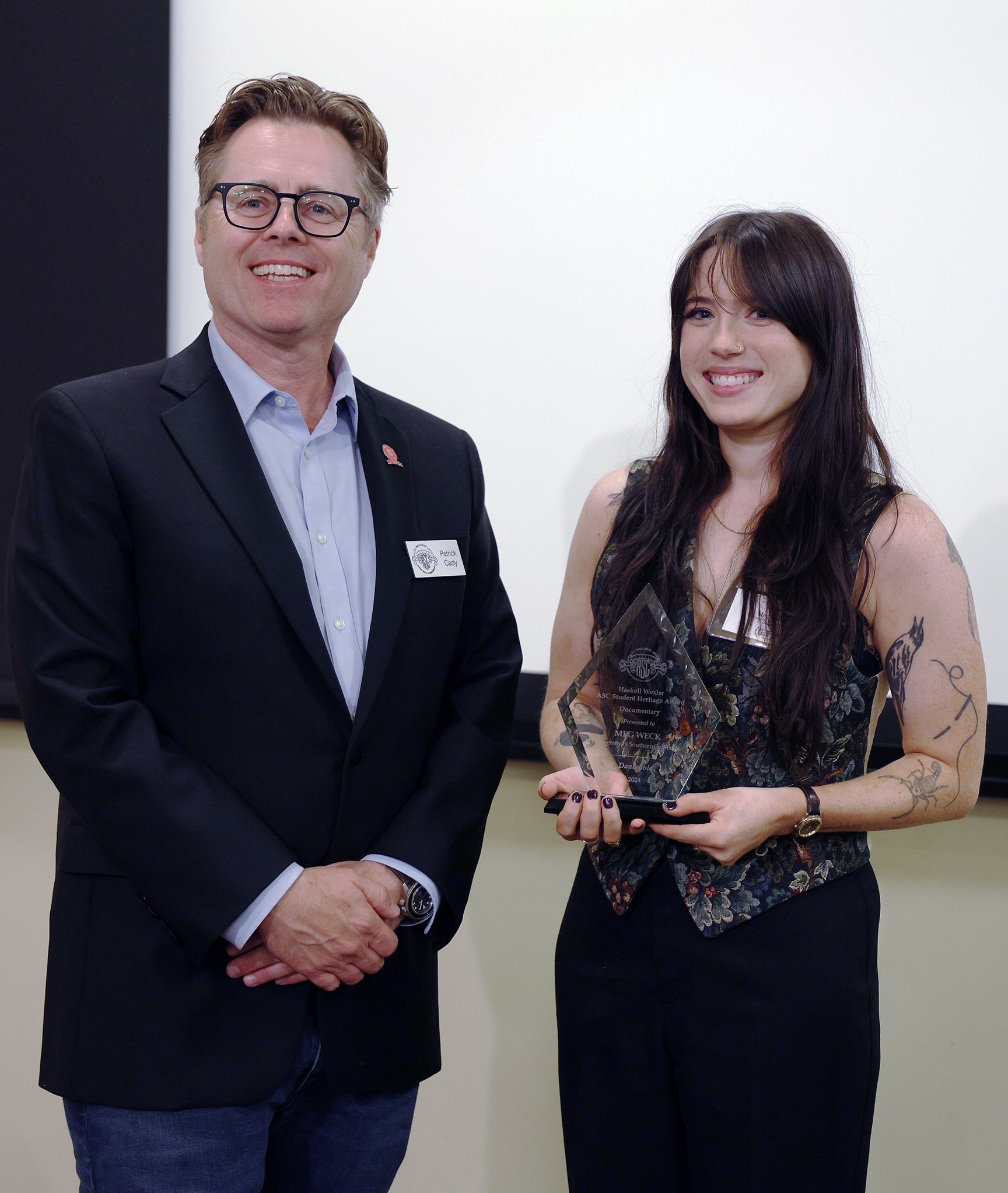
The film, a collaboration between Weck and director Kelsey McGee, provides a glimpse into the world of disabled dance performers. “We wanted to create a film that showcased the beauty and artistry of disabled dancers, breaking stereotypes and celebrating their unique stories,” the cinematographer explains.
Each year, the ASC Student Heritage Awards honor emerging cinematographers while celebrating the legacies of influential ASC members. Haskell Wexler, known for films like Who’s Afraid of Virginia Woolf? (1966) and One Flew Over the Cuckoo’s Nest (1975), was renowned for his empathetic storytelling approach and focus on social-justice themes, making his namesake award particularly meaningful for documentary filmmakers like Weck.
Weck’s journey as a cinematographer began at Tufts University, where her passion for visual storytelling largely evolved from her background as a dancer. “I started as a ballet dancer in high school, which naturally gave me a deep appreciation for movement,” she shares. “My senior project was a photography series capturing dancers, and it felt full circle to bring that back into my film career while at USC.”
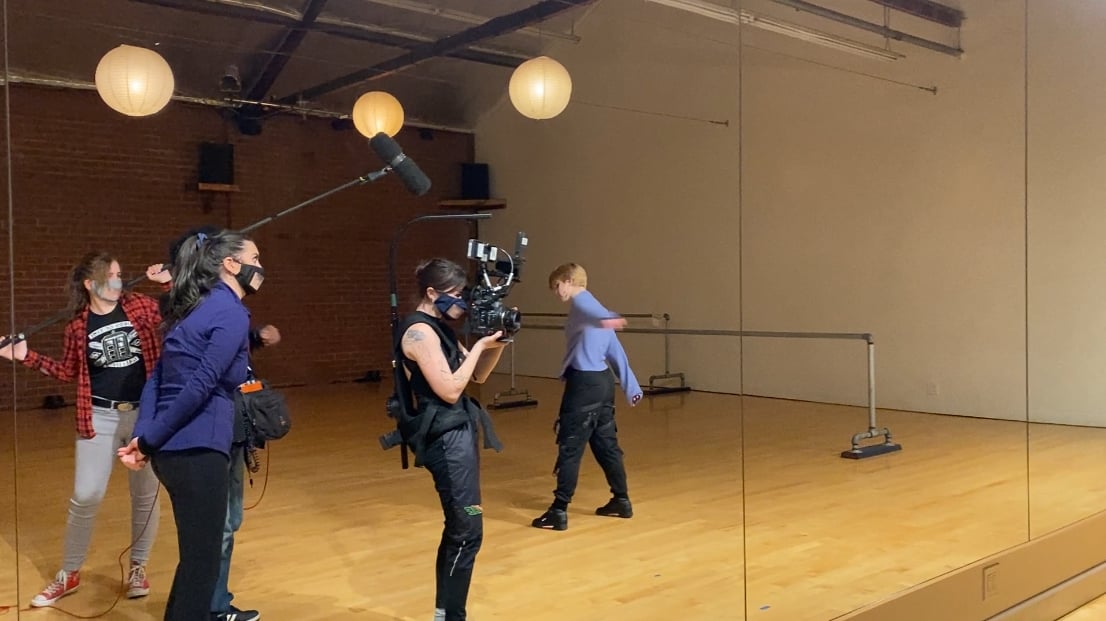
Collaborating with McGee, who also shared a dance background, Weck approached the project with the goal of creating an intimate yet unobtrusive visual language. “We wanted to be present in the space without interrupting the dancers’ natural process,” Weck recalls. Natural light played a significant role in achieving this, with minimal equipment and strategic use of mirrors and windows to enhance the natural beauty of the dance studios.
“We shot on the Canon C300, which wasn’t ideal for handheld work because of its tall build, but we made it work with a monopod,” Weck reflects. “For lenses, we primarily used Leica R primes — mostly a 35mm and a 50mm for the vérité shots — and a Canon zoom for some flexible, roaming shots.” Diffusion filters like Tiffen’s Glimmerglass often came into play. “We wanted the visuals to feel soft and intimate, as though the audience was part of the dancers’ world,” she explains.
Weck drew inspiration from Exit 12, a short documentary about veterans finding healing through dance, and the award-winning documentary Crip Camp: “Exit 12 influenced our visuals with its intimate yet striking cinematography, while Crip Camp inspired our tone, blending seriousness, humor and humanity to honor the disabled community.”
One major adjustment to the look of the project came in the color grade, following conversations with Oscar-winning USC alumnus and documentary filmmaker Ben Proudfoot. For the archival footage used in Danceable, Weck drew inspiration from his technique to blend visuals from different sources and qualities. “Adding grain and softness in DaVinci Resolve helped blend archival clips with the film’s aesthetic,” she explains.
Weck emphasizes that the project’s success — also winning the 2022 DGA Student Film Award — stemmed from her collaboration with McGee and their shared understanding of dance. “Our backgrounds gave us a shared vocabulary to communicate the shots and atmosphere we envisioned,” she explains. Weck is particularly proud of how the film challenges perceptions: “Disabled dancers are often overlooked, but their artistry is just as compelling and beautiful as any other performer’s. We wanted to show that without having to say it.”
She credits her recognition from the ASC to the dedication of her team and the mentorship she received at USC. “Being acknowledged by the ASC is a tremendous honor. It inspires me to keep striving for excellence and to one day be part of their incredible community.” Since graduating, Weck has been busy working on a documentary series profiling diverse individuals in Los Angeles, while also focusing on narrative projects. “I’m excited to keep exploring stories that move people and push visual boundaries.”
You'll find details on the two other 2024 ASC Student Heritage Award-winning films here and here.
